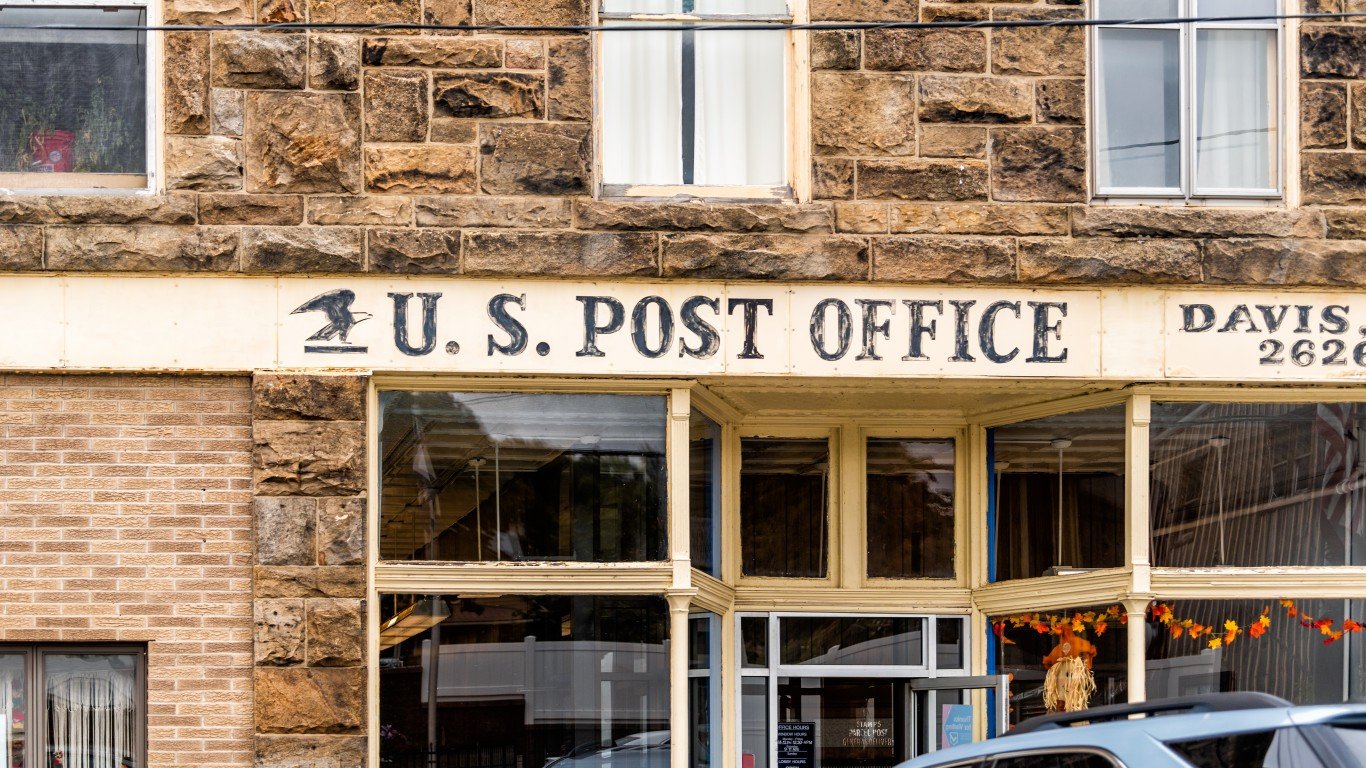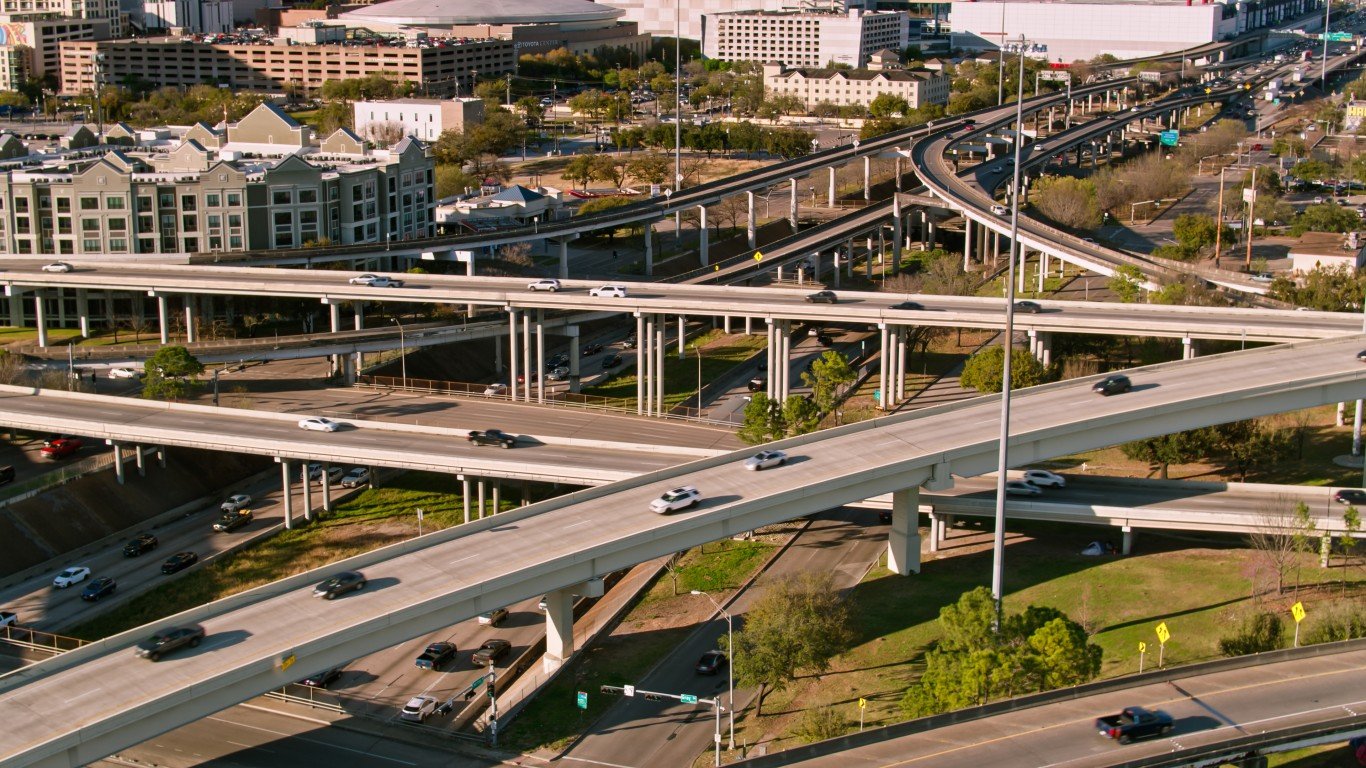 The FCC issued its Eighth Broadband Progress Report, which it has to do annually according to Section 706 the Telecommunications Act of 1996. The core reason for the effort is to show whether broadband “is being deployed to all Americans in a reasonable and timely fashion.” The findings are the same as they have been for the past several years. Higher speed wired broadband has become more available, as has 4G wireless. The cost and time to deploy broadband has decreased. And farmers do not have broadband available to them in many cases, regardless of whether they want it.
The FCC issued its Eighth Broadband Progress Report, which it has to do annually according to Section 706 the Telecommunications Act of 1996. The core reason for the effort is to show whether broadband “is being deployed to all Americans in a reasonable and timely fashion.” The findings are the same as they have been for the past several years. Higher speed wired broadband has become more available, as has 4G wireless. The cost and time to deploy broadband has decreased. And farmers do not have broadband available to them in many cases, regardless of whether they want it.
Summing up the shortcomings of American broadband availability, the authors of the report state:
[A]pproximately 19 million Americans — 6 percent of the population — still lack access to fixed broadband service at threshold speeds. In rural areas, nearly one-fourth of the population — 14.5 million people — lack access to this service. In tribal areas, nearly one-third of the population lacks access. Even in areas where broadband is available, approximately 100 million Americans still do not subscribe.
The report itself is 181 pages, most of which cover broadband access data by county and state. The most obvious conclusions of the report are that people who live in densely populated areas have almost universal access to broadband. Areas that are rural and those in which many native Americans live have much poorer coverage. The first and foremost reason for this is almost certainly the financial cost to bring broadband to populations that are very widely distributed, at least in a way that would be profitable for carriers.
Because many of the people who live in these regions are poor, by the nature of broadband distribution, they are at a disadvantage when it comes to ready access to the things that fast Internet brings: news, entertainment and the ability to use search and social media. This broadband class distinction, caused to some extent by geography, needs to be bridged to help poor Americans to have a level information availability playing field with the rest of the country. The FCC believes that economic and technology hurdles will keep this from happening for a long time.
What the report does a poor job explaining is why:
Even in areas where broadband is available, approximately 100 million Americans still do not subscribe.
In a country with 320 million people, not all of those without broadband are likely to be poor. Some people do not want fast Internet connections, if they want them at all. A portion of those people live in rural areas. And those people have not been publicly agitating for better service. Those who do not want better service in either rural or urban areas do not agitate at all.
The benefits of broadband may not be seen as benefits by everyone. News and entertainment can be intrusive. Some people do not trust the Internet and what it brings, and often for good reason. Data show that identify theft, credit card theft and the downloads of vicious software bugs that destroy PCs are all a “normal” part of living online. Living off-line may mean people have to read printed newspapers and buy goods and services through physical stores. Apparently some large portion of the population is not just willing to settle for that information vacuum, they prefer it.
The FCC needs to describe the hole in broadband adoption as negative. If everyone in the United States had fast broadband, the agency would not have to issue its annual report to Congress. A lot of FCC staff members would lose their jobs because the report had lost its value. That would mean they might not be able to subscribe to broadband — if they want it at all.
Douglas A. McIntyre
Sponsored: Want to Retire Early? Here’s a Great First Step
Want retirement to come a few years earlier than you’d planned? Or are you ready to retire now, but want an extra set of eyes on your finances?
Now you can speak with up to 3 financial experts in your area for FREE. By simply clicking here you can begin to match with financial professionals who can help you build your plan to retire early. And the best part? The first conversation with them is free.
Click here to match with up to 3 financial pros who would be excited to help you make financial decisions.
Thank you for reading! Have some feedback for us?
Contact the 24/7 Wall St. editorial team.



